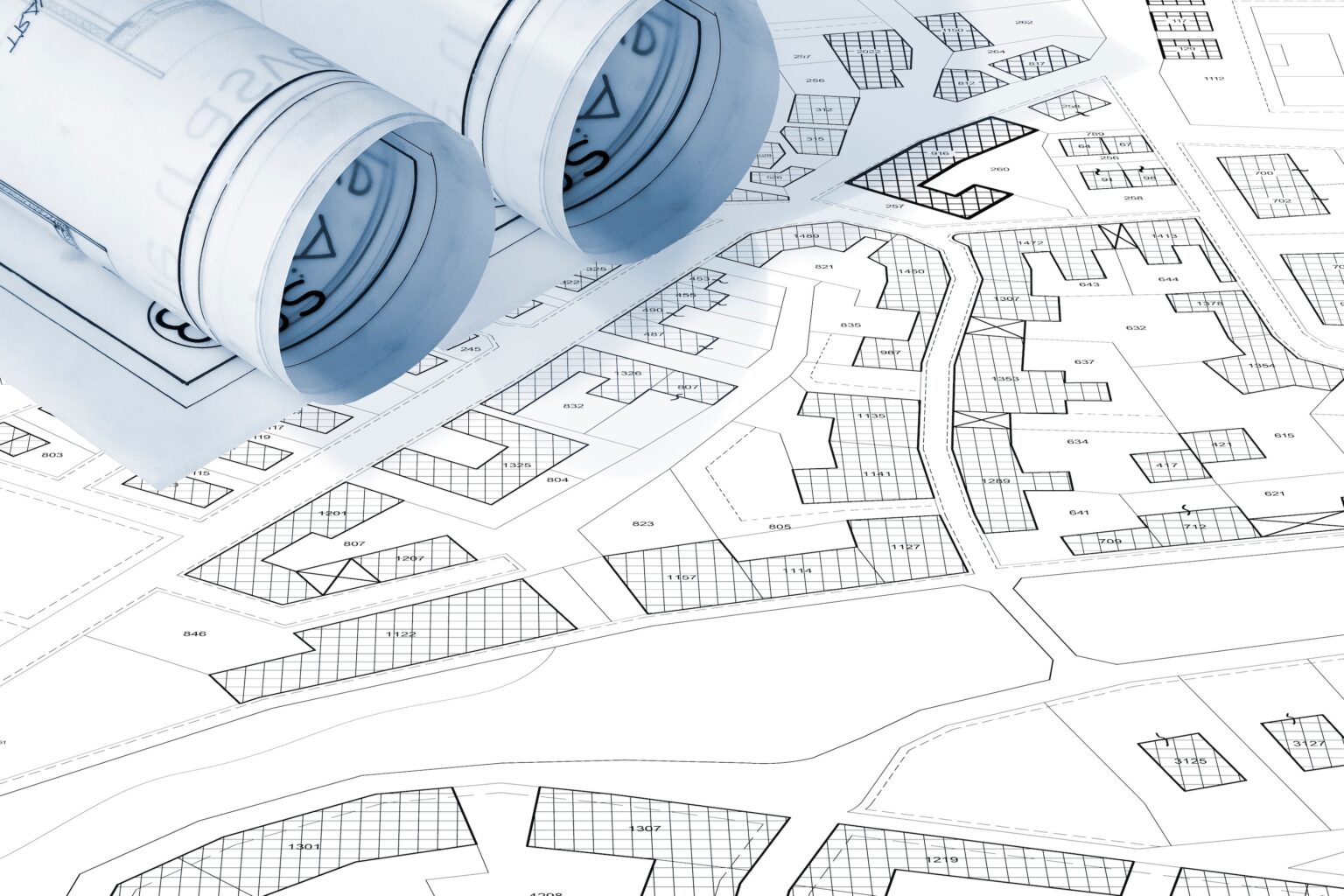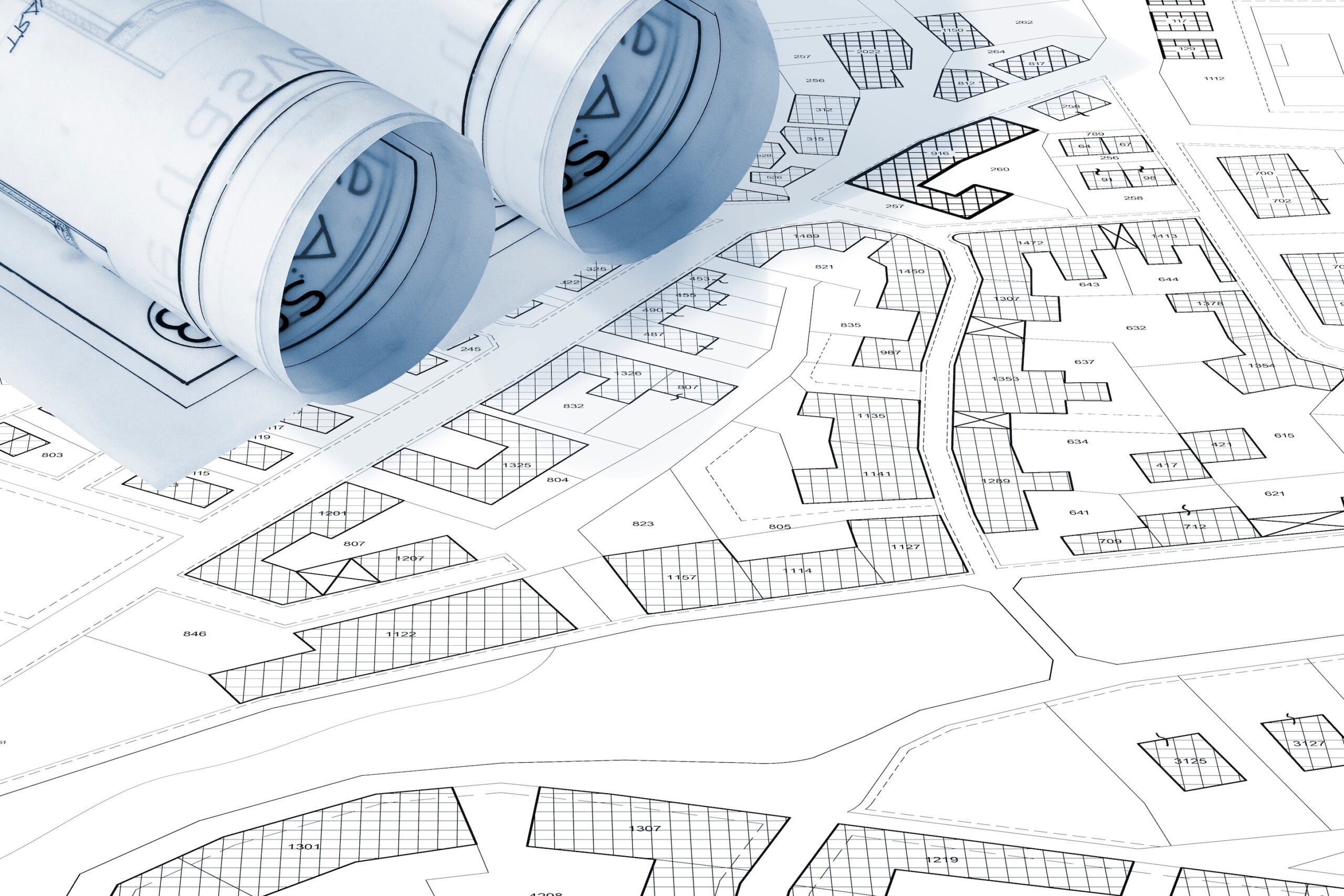Introduction
Property taxes are an unavoidable aspect of homeownership that can significantly affect your annual budget. In Cook County, Illinois, the complexity of property tax assessments can sometimes lead to unexpectedly high bills for homeowners. If the figure on your property tax bill seems too steep, it might be time to consider an appeal. This guide provides an essential overview for homeowners on understanding and challenging their property tax assessments, ensuring they are fair and accurate.
Understanding Your Property Tax Bill
Property taxes in Cook County are determined by the assessed value of your property and the local tax rate. The assessment aims to reflect the market value of your property, but errors or changes in the market can make this figure inaccurate. Recognizing discrepancies in your property tax bill begins with understanding these components and how they contribute to the final amount you owe.
The Grounds for a Property Tax Appeal
You might have valid reasons to appeal your property taxes if there are inaccuracies in your property’s recorded details or if its valuation seems out of line with similar properties in your area. Incorrect details can include the wrong square footage, number of rooms, or property features. A successful appeal based on comparative valuations requires evidence that similar properties are assessed at a lower value.
The Process of Filing a Property Tax Appeal in Cook County
Filing a property tax appeal in Cook County involves a few critical steps. First, verify the deadline for appeals and gather the necessary forms from the Cook County Assessor’s website. Your appeal must include evidence supporting your claim, such as documentation of incorrect property details or comparative valuations. Submitting your appeal within the designated window is crucial to ensure your case is heard.
Preparing for Your Appeal
Collecting robust evidence is key to a successful property tax appeal. For inaccuracies in property details, provide documentation like property blueprints or a recent home inspection report. For valuation appeals, compile a list of comparable properties with their assessed values and recent sale prices. Professional appraisals can also strengthen your case, offering an unbiased valuation of your property’s worth.
After the Appeal: Next Steps
Once you file your appeal, it will be reviewed by the Cook County Assessor’s Office or the Board of Review, depending on the stage of your appeal. This review can take several months, after which you will receive a decision. If successful, your property’s assessed value will be adjusted, lowering your property tax bill. However, if the decision is not in your favor, there are further steps you can take, including appealing to the Illinois Property Tax Appeal Board or the courts.
Conclusion
Appealing your property tax assessment in Cook County can lead to significant savings, making it a worthwhile endeavor for homeowners. By understanding the process and preparing your appeal carefully, you can increase your chances of success. For those seeking professional guidance, the Law Offices of Samuel VP Banks offers expert assistance in navigating property tax appeals, ensuring your rights are protected.








